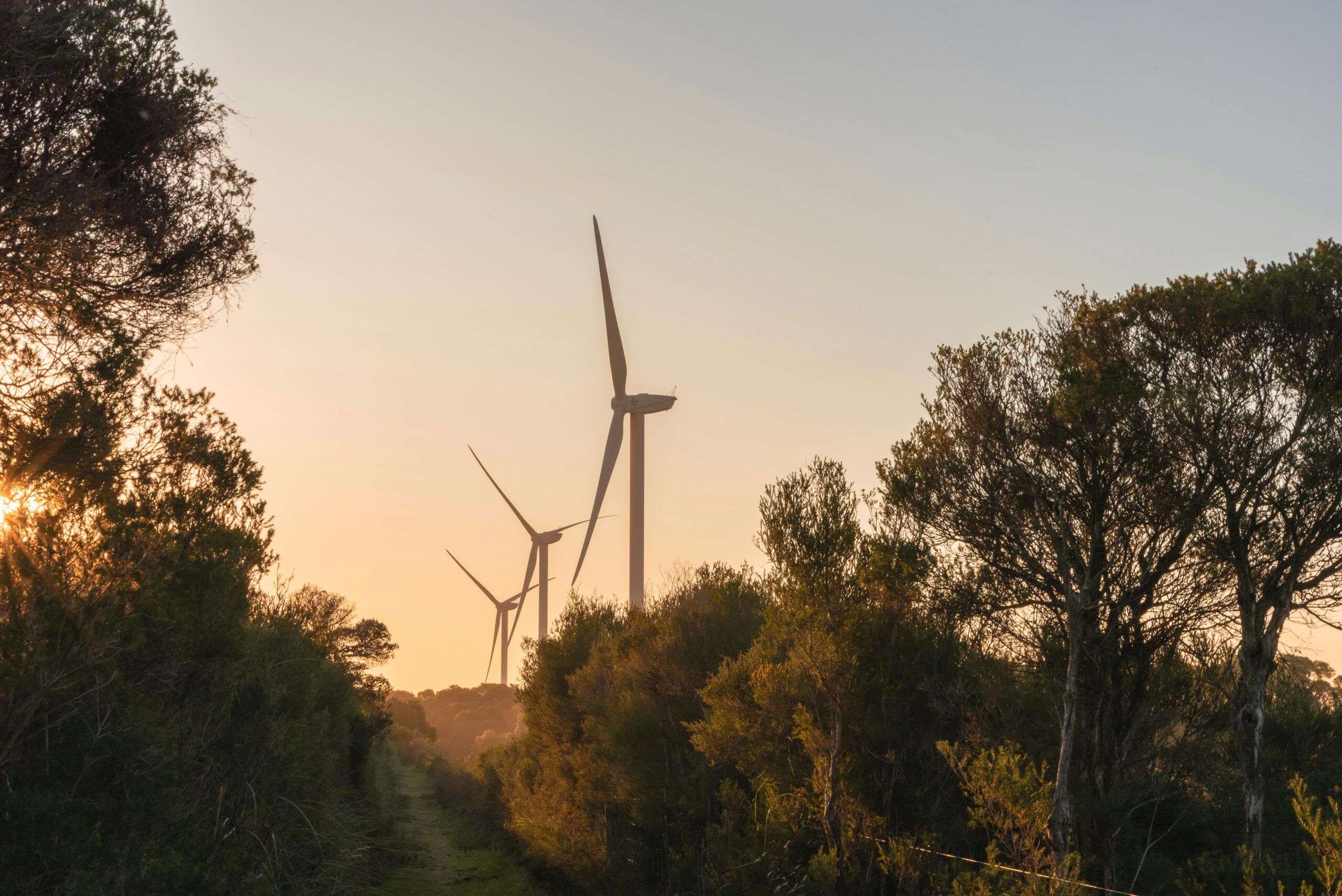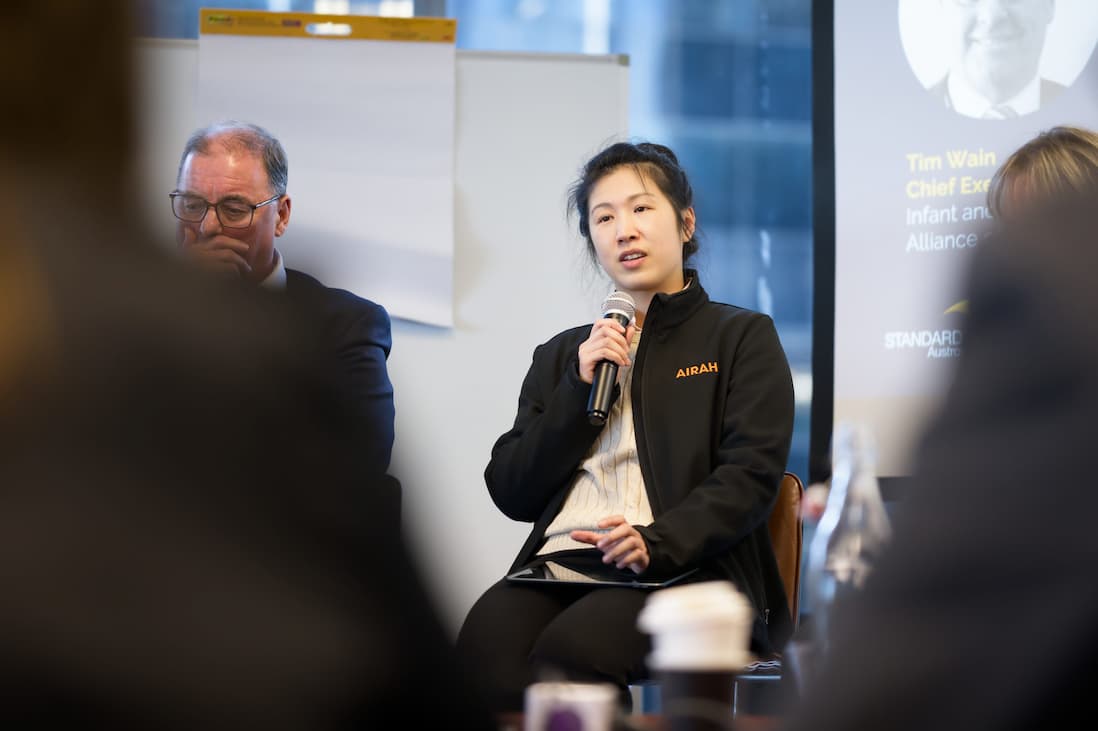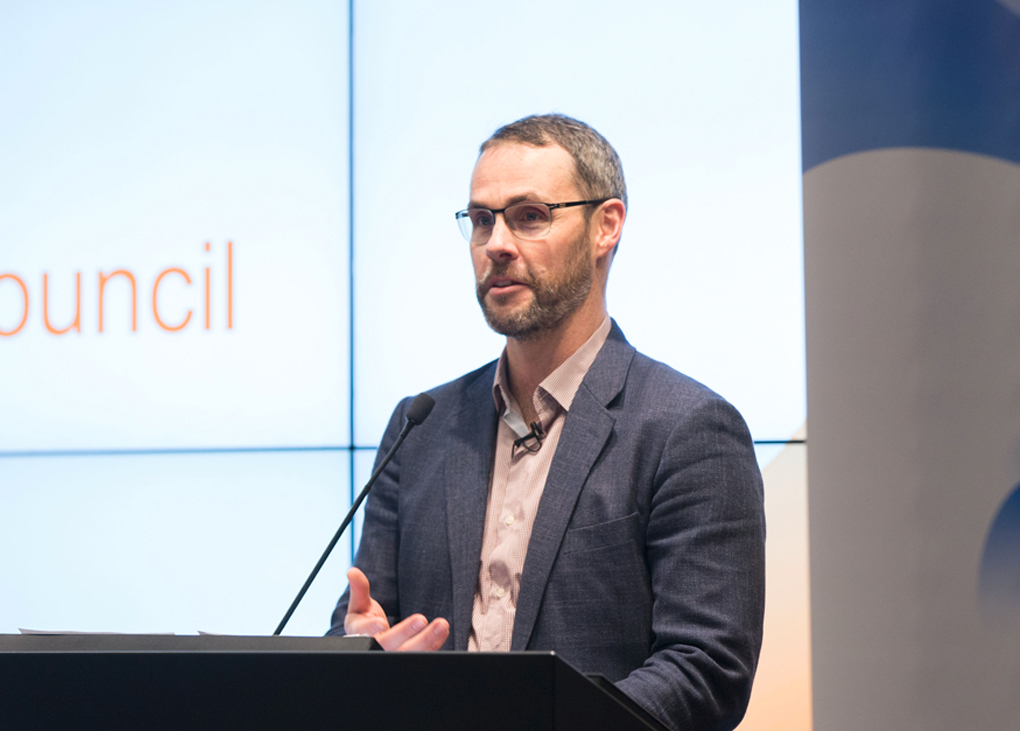Victoria sets course for all-electric future
As part of its gas substitution roadmap, the Victorian government has announced new building electrification regulations, new minimum energy efficiency standards for rental homes, and funding for manufacturing of heat pumps.

From January 2027, all new homes and commercial buildings must be built all-electric, including commercial kitchens. This does not apply to industrial or agricultural buildings or existing commercial buildings.
From March 2027, if a gas hot water appliance breaks and cannot be repaired, it must be replaced with an electric alternative. This applies to properties that are owner-occupied and rented.
New rules for rentals
In rental properties, from March 2027, when a heating appliance breaks and cannot be repaired, it must be replaced with an efficient electric reverse-cycle air conditioner.
From the same date, at the start of a new lease, ceiling spaces without insulation must be upgraded to R5.0 rating, installed by an accredited professional. Draughtproofing must also be installed on external doors, windows, and wall vents.
Rental properties in Victoria must already provide efficient electric heating. From July 2030, efficient electric cooling must be installed in the living area of all rental properties, regardless of lease status.
The changes are being supported by the Victorian Energy Upgrades program, which provides rebates and discounts for electric appliances such as space heaters, water heaters, and induction cooktops. Incentives are also in place for insulation and draughtproofing.
Of interest to the HVAC&R industry, the Victorian government has also announced that it will invest $9.5 million towards an Industry Diversification Program to help meet the demand for energy-efficient hot water appliances. According to the government, this will support existing businesses to ride the wave of the expansion of electric appliance manufacturing and help the gas appliance manufacturing supply chain upgrade their facilities and reskill their workforce.
Positive reaction from industry
AIRAH CEO Sami Zheng, Affil.AIRAH, has welcomed the announcement, in particular the range of measures that have been considered in Victoria’s electrification plan.
“As Australia’s biggest gas user, Victoria needs to work especially hard to electrify its buildings,” she says. “These latest reforms show that the government is taking the challenge seriously.
“Buildings are complex systems, and each building is unique, so it is positive to see requirements for electric appliances sitting alongside measures to improve the building envelope.


“Heating and cooling use the most energy in our homes. Reducing heating and cooling loads as well as installing energy-efficient electrical appliances will bring benefits for individual households and for the state’s energy system.”
“To get the benefits, it’s vital that appliances like air conditioners are well installed and well maintained, and AIRAH will be advocating to ensure this happens.”
AIRAH CEO Sami Zheng, Affil.AIRAH
The announcement comes as the Energy Efficiency Council (EEC) has released data on how electrification in Victoria could help address gas supply shortages in the state.
“The Energy Efficiency Council sees this package of reforms as a big step towards an all-electric future for Victorian households and it establishes a benchmark for other states and territories to follow,” says EEC CEO Luke Menzel.
“These reforms will bring down energy bills for Victorian families, they will protect renters across the state, and they’ll free up gas for industry.”


Menzel notes, however, that the phase-out of gas space heaters in existing homes has been dropped from the reform package.
“Electrifying space heating is a huge opportunity for cutting bills and freeing up gas for industry.”
EEC CEO Luke Menzel
“Based on our analysis, electrifying space heating in Victorian homes could save an average of 31 PJ per year between now and 2035.”
According to the EEC analysis, residential buildings present the biggest opportunity for reducing gas use in Victoria – efficient electrification could drive a projected 64% drop in gas use between 2025 and 2035.
PREV
NEXT
Comments
-
Changeover of gas water heaters to heat pump is not covered for rentals by the Solar Victoria rebate, the most significant of the financial incentives. Why??
Advertisements
Recent news
- Conex Banninger and Reese launch enhanced fitting range
- Recipe for success: implementing ammonia refrigeration
- Updates to NABERS embodied carbon
Latest events
- The path ahead for the VEU – industry webinars
- Additional keynote announced for HVAC26
- PSO to host focus groups at AIRAH Hobart Industry Night
 Mark Vender
Mark Vender

Leave a Reply